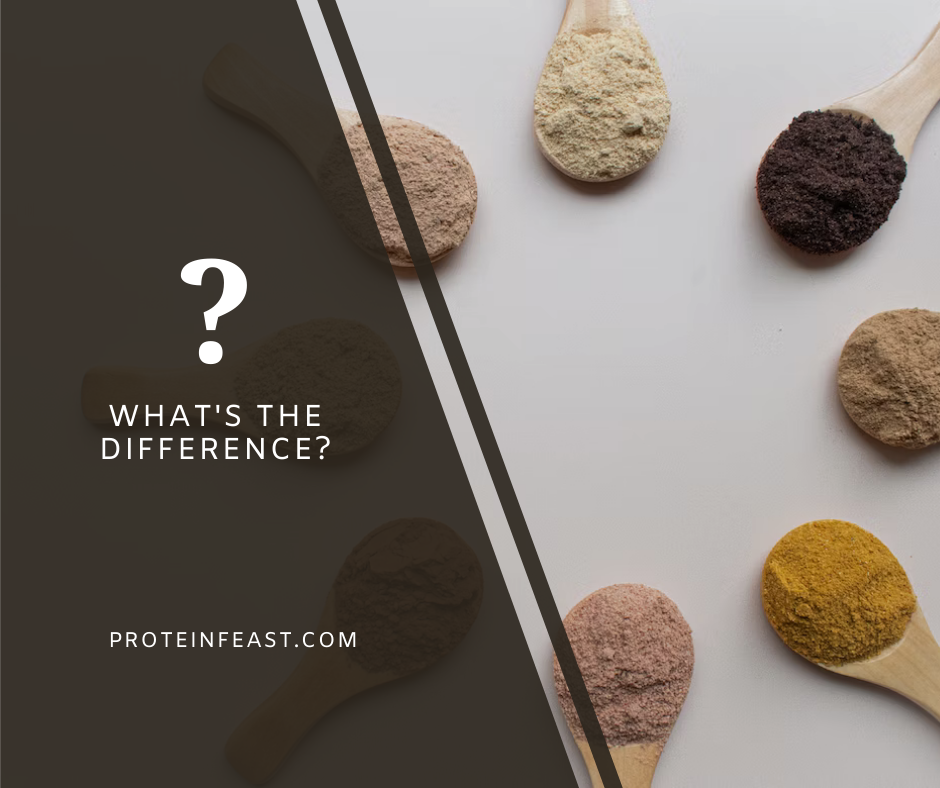Different Types of Whey Protein Explained
Why it Matters
While protein may serve the same purpose regardless of where it comes from, understanding the different sources is key to optimizing your diet and knowledge of nutrition.
Understanding the difference is also essential for those with special diets and lifestyles that might make them sensitive to certain ingredients.
Avoid Confusion
Things can get confusing when you walk into a supplement store and realize that there are shelves full of different protein powders. A supplement is always an investment and you want to make the smartest choice for yourself.

Whey Protein
What is it?
Whey protein is sourced from milk, which contains two proteins, casein and whey. Whey is obtained as a byproduct of cheese production allowing for separation between the two proteins. It is then processed to be utilized in the production of protein bars or shakes.
Different Types of Whey Protein:
There are primarily three different ways Whey Protein can be processed:
- Concentrate: About 70-80% protein concentration; still contains some lactose and fat. However usually best in flavor.
- Isolate: Processed even further to remove fat and lactose content allowing for a higher concentration of protein above 90%.
- Hydrolysate: As the “hydrolyzed” form of whey it considered to be “pre-digested” which allows for quicker absorption and easier digestion.
Which is Best for Me?
Selecting which type of whey protein best suits you will ultimately come down to preference and intended goals.
According to Healthline, most people will benefit from Whey in its concentrate form. It is the cheapest among the three, and offers beneficial nutrients. The concentrate form of Whey is often believed to be the best tasting which may be a result of its fat and lactose content.
If cutting down lactose or fats in your diet is an intended goal, it may be wiser to go for an isolate form of whey protein as it filters out those exact elements.
Those with sensitive stomachs or on the search for easily digested protein source may see the benefit of the hydrolyzed form of whey. As a pre-digested formula, digestion should be a lot smoother for those who typically have trouble digesting whey.